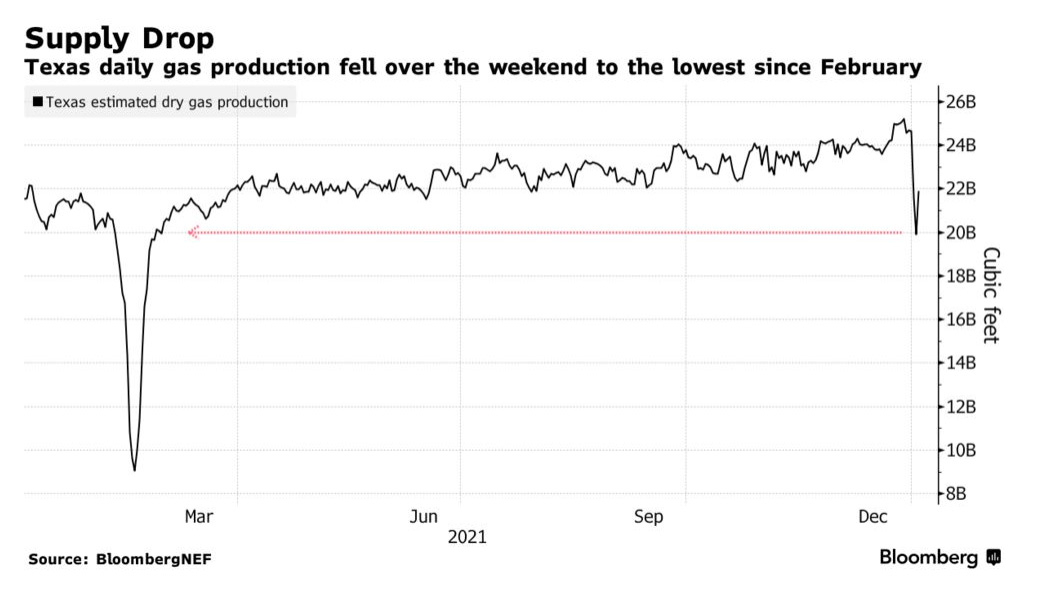Good morning, Barbarians.
Let’s get after it shall we?
Housekeeping
Preserving Nuclear History ft. Nick Touran. I’m sure a lot of listeners are familiar with Nick on Twitter. He’s a great presence in the pro-nuclear scene and his website, which we talk about here, is a feat of nuclear history preservation. Listen to the interview and please, please avail yourself of this wonderful resource he’s created.
News
NRC Dismisses Application for Oklo Advanced Nuclear Reactor. The NRC seems to operate like some kind of gnarly final boss for anyone who wants to develop nuclear tech in America. I don’t have anything against anyone who works there—they’re just doing their job as far as I can tell—but it’s hard to tell what they want. Oklo had “gaps” in its safety stuff. Who knows if that’s true—by which I mean who knows if they had actually substantial gaps that would make an actual difference in reactor safety. The approval process is so bloated and lengthy it beggars belief.
Effort to reverse new state nuclear power bill fails. Mildly good news from Montana. The state used to require a public referendum to get permission for each individual nuclear plant. This new bill, which survived pushback, makes it so that a vote of the legislature for each nuclear plant, in lieu of the referendum, will work. In my dream world, this is how we would treat renewables, not nuclear.
Opportunities for Coal Communities Through Nuclear Energy: An Early Look. The Good Energy Collective published what looks like a valuable report on coal sites with the potential to be converted to SMR sites. I haven’t taken the time to give it a thorough read, but I’m glad they did this because I’ve been wondering about it for a while. Definitely going to take some time this weekend to click around the report and learn.
Plunging Natural Gas Supply Shows Texas Still Not Ready for Cold. I’m glad I don’t work for ERCOT because I think I’d have to add a bottle of Pepto Bismol to my daily diet. Things did not go as possible as they could have last week, but here’s an important visual from this article.
2021: A Dark Year for Electricity Security, Reliability. Sonal Patel’s 2021 reliability overview is, in a word, disquieting. There are a lot of helpful links in here. I’m not a catastrophist. But there are consequences for poor decision-making—and poor decision-making in infrastructure is hard to undo.
Commentary
There’s a lot to write about these days—the scrap over taxonomy in the EU, Kazakhstan, the global competition for heavy and rare earth metals. And I’ll do some commentary on these things in the coming months. But this week, as ever, I’m looking backwards. Particularly, I’m looking at the Antikythera mechanism.
In 1900, a Greek diver stumbled upon what he thought was a mass of bodies beneath the water. Turns out, he was looking at statues. He’d found the remnants of an incredible shipwreck. What ensued was a large, underwater archaelogical dig. One of the objects recovered has puzzled researching since its discovery. That discovery, the Antikythera mechanism, a device created for astronomical purposes, is so complex that “[i]t single-handedly rewrites our knowledge of the technology of the ancient Greeks,” writes Tony Freeth, who heads the research team dedicated to investigating the device.
I won’t recapitulate the details of the machine—Freeth does that thoroughly here. What I will say is that it doesn’t just rework our beliefs about ancient Greek technology. It should also rework our conceptions of their industrial capability. The gear trains, gear works, etc. within the machine can all be done with hand tools. But the thought I can’t get out of my head is that the Antikythera mechanism bespeaks a mechanical engineering industry of highly skilled artisans capability of producing sophisticated, highly accurate machines.
This would cut against two major trends I see in our debates on technology: reactionary nostalgia for “simpler times” and a whiggish scientism that sees the past as little more than a bad dream from which the Enlightenment woke us. We have, instead, been dealing in technical sophistication (and “rationality”) for millennia. Not only is that awe-inspiring, it should make us more sensitive to the potentially transitory nature of our society. Complexity, it turns out, is not a guaranteed bulwark against the grinding of history. So then how can we be more thoughtful and more effective stewards?






This seems to be significant news that I dont see a lot of commentary about: https://www.reuters.com/markets/commodities/china-puts-pioneering-pebble-bed-nuclear-reactor-into-operation-2021-12-20/
Are there any other Gen IV reactors connected to the grid? China claims all IP for this - they want to make a lot of these - the reactor is small and can be mass produced, China has a very large domestic market to kickstart efficient production, and supplying the Triso fuel is a good business.
Wouldn't be suprosed to see these outside of China in a few years... maybe even in Eastern Europe.